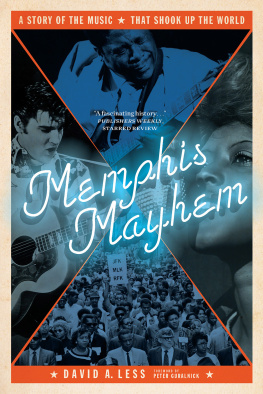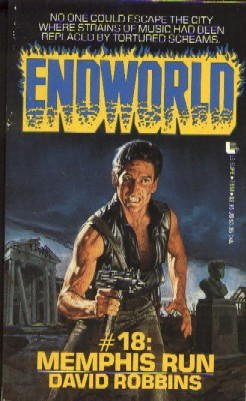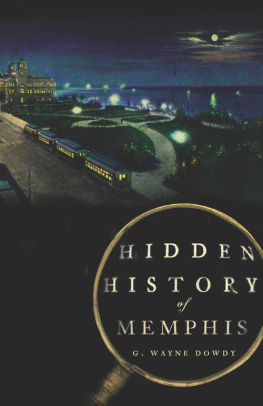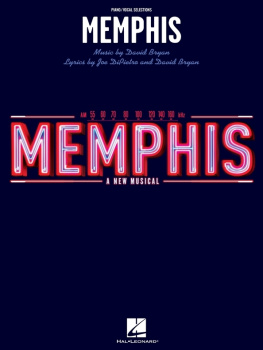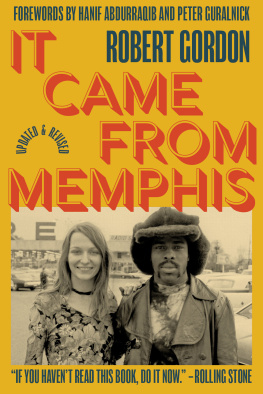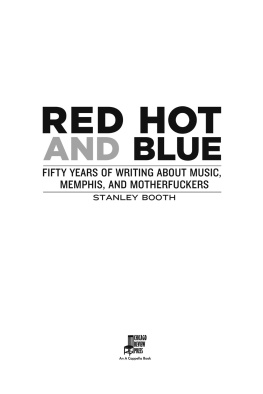Memphis Mayhem
A Story of the Music That Shook Up the World
David A. Less
Contents
For Angela and Emma
Dot, Leon, and the boys
Billy Jo and Brewer
I wasnt a stranger to Memphis when I met David Less.
I wasnt even entirely a stranger to David Less.
Im not quite sure how or when we first met, but he was there to greet me when I returned to Memphis in 1980 to begin work on Sweet Soul Musicand he has been there ever since. A tireless researcher, a valued colleague, the kind of friend you can always count on if you need any help, but dont worry, its not all that serious; hes just as quick to share a joke.
David knew everybody. I mean, I had other indispensable guidesIm not going to name them here; theyre all acknowledged in my book. But David was a stalwart from the start, as he would continue to be throughout the years. When the Smithsonian embarked upon what turned into the Rock n Soul project (ultimately, it became a museum in Memphis rather than the exhibit in Washington, DC, it was originally intended to be), it was David who proved to be the link to the community, not just because of all the contacts he had made over the years but because of his deep-seated and empathetic feeling for both the music and the people. We collaborated happily on some of the early interviews. I dont know if youve ever worked with anyone interviewing a subject who is not necessarily presold on the process, but believe me, it isnt easyin fact, its a lot easier for the two interviewers to step all over each others feet. With David, it was always a joy. He was always there as a backup; he took the lead when necessary (which was often); he could be voluble; and he could be quietwhatever the situation called for, he was never anything less than a steady, guiding hand.
But I havent even mentioned the comprehensive body of work he has put together on his own over the years, the scrupulously informed, modestly foundational, wide-ranging, and insightful interviews that form the basis for this book. Who else but David would recognize the integral importance of Fred Hutchins, Dub Jenkins, Thomas Pinkston, and Sunbeam Mitchell to telling the story of Memphis, not to mention Harmonica Franks celebrated fish fries in Davids own backyard.
Everyone who has written about Memphis music in recent years has drawn on Davids interviews, sometimes with suitable acknowledgment, other times not. Ive always cherished the hope that the interviews themselves might be published someday as a kind of oral history of Memphis. But with Memphis Mayhem David has delivered something even better, he has created his own warm, anecdotal history of Memphis, enlivened by a relaxed and rambling narrative style perfectly suited to its subject (remember, in Memphis, the singer always lags behind the beat), and a Memphis-centric relish for contradiction, digression, and the unpredictable oddities and quiddities of human behaviorbut most of all, the book is marked by a feeling for time and place, and the people that occupied it, in a world that David Less has known so long and so well but that, like any true explorer, he is still discovering.
In its coverage of the assassination of the Reverend Dr. Martin Luther King Jr. in 1968, Time magazine called Memphis a decaying Mississippi river town. True, the city was not then what it had been fifty years before, when William Christopher W.C. Handy began to notate the blues, but decaying? Some Memphians took more umbrage over this description of their hometown than the fact that the civil rights leader of a generation had just been murdered in their backyard.
Memphis had a deserved reputation as a racist city, but it is also a place where black and white musicians traditionally made music together, both onstage and in recording studios. The home to murderers and thieves, artists and entrepreneurs, old money and extreme poverty, Memphis gave birth to music that changed the world. Memphiss tourism site promotes the city as the Home of Blues, Soul & Rock n Roll. To musicians and music lovers worldwide, it is the cradle of American music.
If we imagine history as like a river, most actions by our planets billions of inhabitants are only pebbles in the river, affecting only an individuals history. But when an event changes the history of humanity in a profound manner, it makes the river curve and bend. And thats what happened in Memphis: three times the course of history looped through the city to leave a lasting impression. In this place, long charged with interracial tensions, if not outright conflict, each of these events opened a door to bridging the divide between black and white America. In each case, once the door opened, it could never be closed again.
During the first decade of the twentieth century, local musician and composer W.C. Handy notated an African American music he had heard traveling throughout the South. In 1909, he wrote a campaign song based on that music, which he later published as The Memphis Blues. Then in 1917, Handy introduced the rest of the world to the blues with the publication of the sheet music for his Beale Street Blues. Keep in mind that before the gramophone popularized recorded music around the time of World War I, printed sheet music was the farthest-reaching means of distributing songs. Beale Street Blues also gained wide popularity through its inclusion in the Broadway musical revue Shubert Gaieties of 1919.
As a direct result of W.C. Handys work, this regionally rooted, Memphis-distilled musical form was disseminated internationally and became the bedrock of contemporary popular music.
The second event that profoundly altered history also involved music. On a hot July evening in 1954 in a small, crowded recording studio, producer Sam Phillips and a teenaged Elvis Presley recorded songs that changed the world. Ethnomusicologists may debate whether the first rock and roll recording was Rocket 88 by Jackie Brenston and His Delta Cats or Elviss Thats All Right, but most agree it happened in Sam Phillipss studio in Memphis.
Some people said Elvis stole black music. I feel that the music was there for the taking. He heard it on the radio and possibly in clubs or on the streets. While he didnt learn it in the same way that contemporary African American musicians did (school, families, parties), his feeling for the music justifies the performance. No one claims British musicians in the 1950s and 1960s stole American music when they commandeered it. Similarly, Elvis seized black music and mutated it into rock and roll.
In the same way that W.C. Handy did not invent the blues, it is inconsequential whether these early Elvis sessions were the first rock and roll records. What is indisputable is their impact. According to Memphis rocker Larry Raspberry, who sang the indelible 1965 hit Keep On Dancing with his band, The Gentrys, Elvis was the tributary of black music into white households.
What followed from Elvis included a youth revolution that improved or at least changed race relations in America and ultimately produced a social shift more inclusive of young people and minorities. Coincidentally, the U.S. Supreme Courts Brown v. Board of Educationof Topeka decision, requiring public schools to integrate, was adjudicated the same year as Elviss first recording.
Changes toward equality and civil rights along with the rise to dominance of influence in popular culture of the young may have ultimately happened without Elvis Presley. The dissemination of the blues may have happened without the work of W.C. Handy. But both these men and their activities were primary catalysts for musical, cultural, and social change. The fact that both lived in Memphis, a small Southern city, is something more than coincidence.

